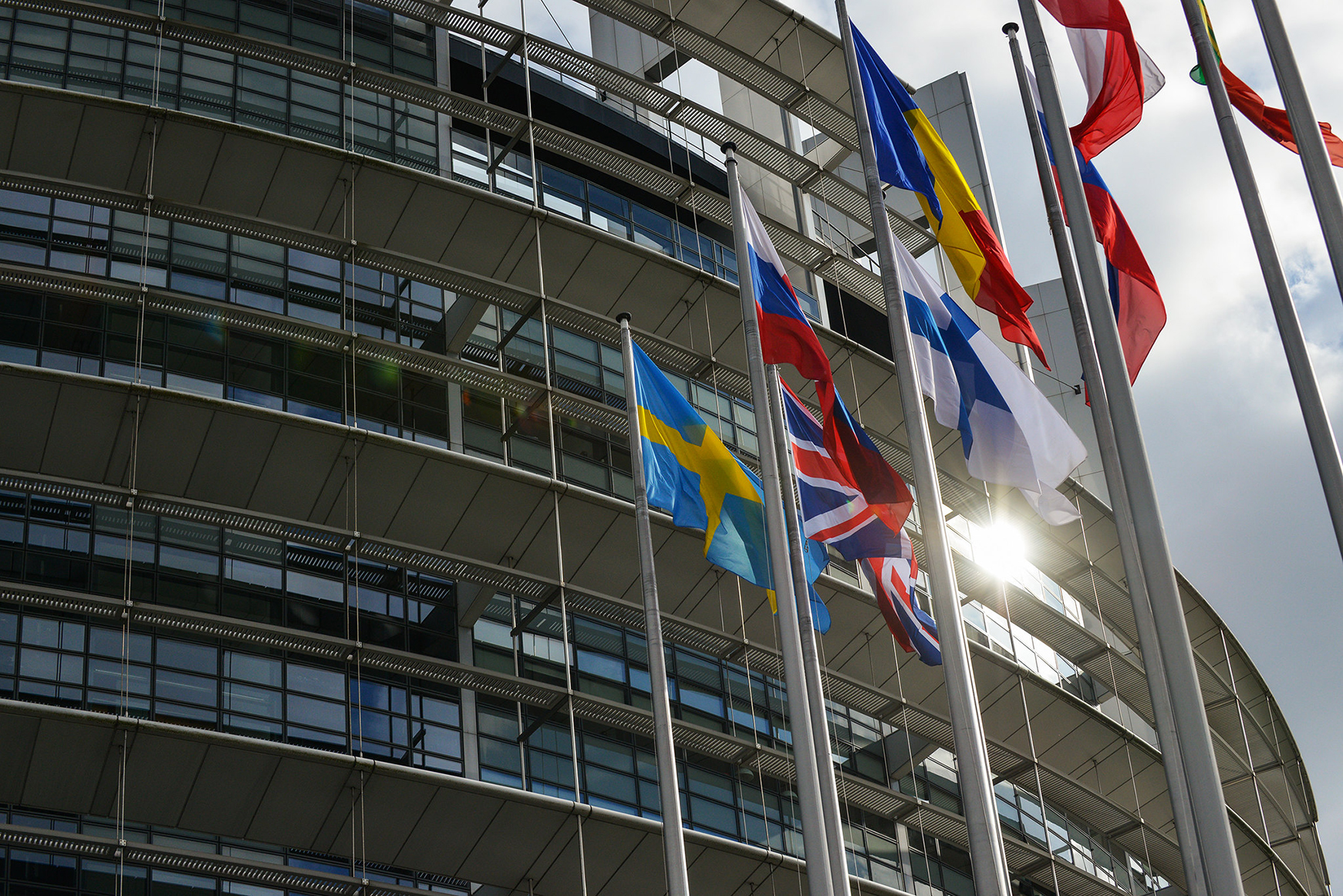
On the morning of 27 May 2019, a new EU parliamentary outline had been laid out, and new questions were raised by hopeful Western Balkans candidates as to how it could impact the enlargement process. Namely Kosovo, still a potential accession candidate wrangled in the EU-moderated dialogue for the normalization of relations with Serbia. For Kosovo, EU integration is as much a priority as a far-off reality, and the next cycle of the European Parliament and European Commission is important to both.
This report looks, in detail, at the outcome of the 23-26 May 2019 European elections with the European enlargement to the Western Balkans as key reference frame. What to expect for opening negotiations with official candidates, what to expect for the development of the Kosovo-Serbia Dialogue? And what to expect from the new European Commission in the fall?
The real and long-term impact of the election results for the prospects of new enlargements and of Kosovo’s European path will be explored. Each section of the report will take into consideration different angles of the European elections’ role in shaping the development of Kosovo’s EU perspective and the overall enlargement process. Firstly, the new design of the European plenary, one with no more majority but rather a plethora of significant yet opposing political families. Secondly, the clear national positions of key Member States towards the enlargement process and towards Kosovo’s integration in particular. Thirdly, how both strategically inform what expect and what to recommend, moving forward with Kosovo’s European integration process.
Share article
Latest Publications
December 16, 2024
Featured
The Quiet Power Broker: China in Serbia and Its Effect in the Dialogue with Kosova
October 2, 2024
Policy Analysis
Towards and Beyond 'No Means No': A Call for Reform in Kosovo's Approach to Rape Cases
July 30, 2024
Featured
The New Growth Plan for the Western Balkans: A look into the framework and promises
Related Espresso Insights
October 28, 2024
Espresso.Insights
From D.C. to the Balkans: Why America’s Choice Matters More than Ever?

July 20, 2024
Espresso.Insights
What Can We Expect from von der Leyen’s Second Mandate?




